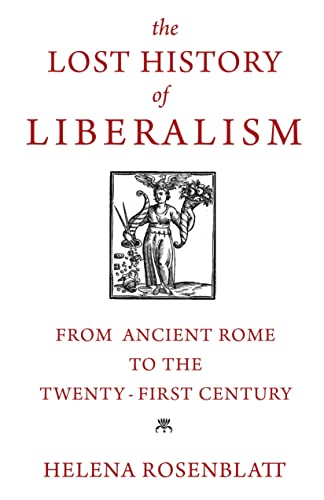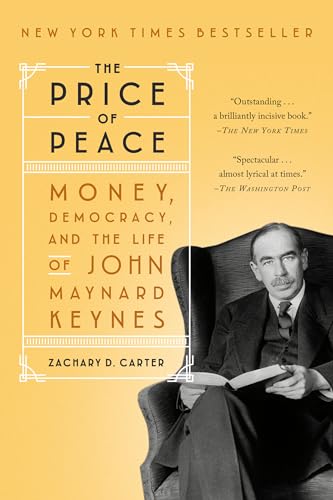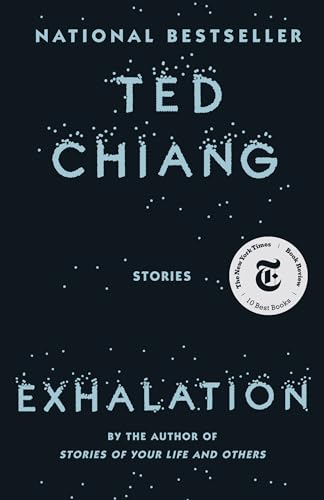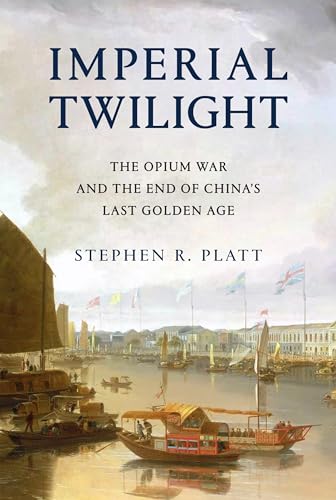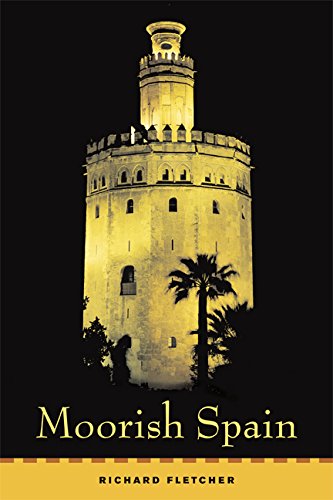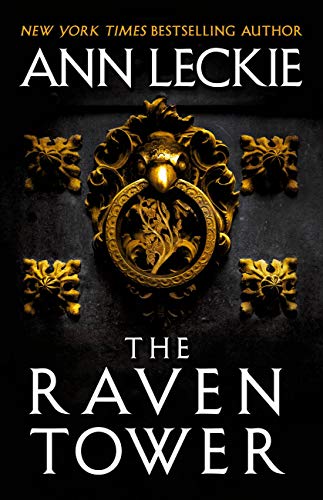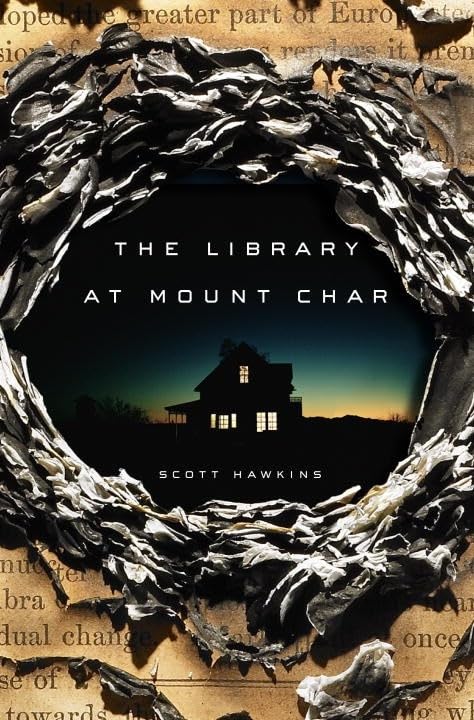My favorite books of 2021
#
I read a lot of good books in 2021, so it took me a while to winnow down my favorites.
The Lost History of Liberalism: From Ancient Rome to the Twenty-First Century, Helena Rosenblatt
I spent a good amount of the pandemic lockdown listening to Mike Duncan’s Revolutions podcast. In every revolution he covers, there’s a core group of “liberal nobles” and bourgeoisie who kick things off. Their program of civil rights, the rule of law, and representative government was a true revolution in political thought. In many cases later in the course of these revolutions, these same people stand in the way of more radical ideas (and often get exiled or killed for their trouble). In the revolutions of 1848, the liberals ended up siding with reactionaries against the socialists and the entire project unraveled. It got me wondering about the history of liberalism. Where did these ideas come from? What is the “liberal world order”? And is liberalism good, even?
I decided to try to find out. The first book I read was Liberalism: Old and New by Brazilian neoliberal (the real kind, not the “I don’t like mainstream Democrats” kind) and cultural critic J. G. Merquior. Merquior opens with a description rather than a definition:
Nietzsche once said that only ahistorical beings admit of a proper definition. Thus liberalism, a manifold historical phenomenon, can scarcely be defined. Having itself shaped a good deal of our modern history, early as well as recent. The range of liberal ideas encompasses thinkers as different in background and motivation as Tocqueville and Mill, Dewey and Keynes, and nowadays, Hayek and Rawls, not to speak of their “elected ancestors,” such as Locke, Montesquieu, and Adam Smith.
This was a fairly straight-line survey, but devotes space to Latin American, German, and conservative liberalisms which I found valuable due to my Anglo/French centric background knowledge. Given the author’s ideology, considerable space is devoted to neoliberals like Hayek.
Next, I read The Lost History of Liberalism by Helena Rosenblatt, which I will return to. The third book I read was A Thousand Small Sanities: The Moral Adventure of Liberalism by Adam Gopnik. This book is framed as a conversation between Gopnik and his teenaged daughter, who after the Trump election is doubting the vitality of liberalism. Gopnik’s book revolves around John Stuart Mill and the importance of sentiments to liberal thought. This book helped me understand why liberals are so big into talking it out, but didn’t give me a lot of faith that modern liberalism has what it takes to stand up to fascism.
The Lost History of Liberalism, unlike the other books, declares that liberalism can be defined by looking at what “liberalism” meant when it was first defined: as a political slur evolving out of the term “liberality”, which meant generous. The liberals who first embraced the label were trying to protect the legacy of the French Revolution in the authoritarian world of post-Napoleonic Europe. Because she rejects naming liberals prior to liberalism (because, she says, they would not have recognized the term), Rosenblatt throws out those mostly Anglo-Saxon “elected ancestors” of liberalism like John Locke and Adam Smith who are so key in most English histories.
Like this reviewer, I think Rosenblatt does give short shrift to earlier Anglophone thinkers. Perhaps it’s a necessary corrective, and it is true they wouldn’t recognize the term “liberalism”. But if the first liberals like Benjamin Constant were trying to preserve the legacy of the Revolution, we have to remember that the author of the first draft of the Declaration of the Rights of Man and of the Citizen was the Marquis de Laffeyette, assisted by Thomas Jefferson. There’s a direct line from the political philosophy of the American Revolution (heavily inspired by Montesquieu and Locke) to the part of the French Revolution that liberals were trying to preserve.
The end result of all this reading and listening (not to mention the state of the world) was to doubt the current vitality of liberalism. The liberal revolutions that helped create the modern world secured political rights, but failed to confront the core injustice of economic equality. One branch of Twentieth century liberals finally made progress on this, but they’ve been in retreat at least 40 years. Overall, these books were informative but depressing.
The Price of Peace: Money, Democracy and the Life of John Maynard Keynes, Zachary D. Carter
So, is liberalism worth it? Carter’s wonderful biography of Keynes argues, actually, yes, it is. Keynes life is fascinating. A gay libertine pacifist free trade conservative (whew!), he basically ran the British economy during the first World War. His scathing denunciation of the punitive Versailles peace treaty won him international fame. He worked closely with Roosevelt to blunt the worst effects of the Great Depression, and as a final project designed Britian’s National Health Service. Keynes makes an interesting liberal. Culturally, he was a snob, but he wanted all people to have a chance to experience the good life.
Carter’s book follows the development of Keynes’s ideas in America after his death, a key component of the strange division of “liberal” between the US and Europe (in Europe, modern liberals are, roughly, conservatives). Carter shows how Keynes’s ideas are embraced by conservatives like Dwight Eisenhower and Richard Nixon to create “reactionary Keynesianism”, which produced economic growth by investing in the military rather than producing a better and easier life for citizens.
Keynes’s recipe for economic growth and shared prosperity should be unbeatable in a democracy, but it has proved remarkably fragile. I think it’s fair to say that Keynes charted a middle path between authoritarianism and revolution, and perhaps even saved capitalism, but the full promise of his ideas remains out of reach.
Exhalation, Ted Chiang
It’s cliché to say that every single one of Ted Chiang’s short stories is excellent, but it’s also true. This collection includes three Hugo, two Locus, and one Nebula-award winning stories and more finalists. It includes The Lifecycle of Software Objects, which I read standalone back in 2014. I have trouble with short stories – they feel manipulative sometimes, due to their length, but I highly recommended Chiang’s work. Also check out Stories of Your Life and Others.
Imperial Twilight: The Opium War and the End of China’s Last Golden Age, Stephen R. Platt
I picked this up from a New York Times review, which describes it as “a masterpiece of the ‘If Only’ school of history, which holds out the tantalizing prospect of a world that, with the right choices, could be made perfect.” It’s an interesting history of the background of the first Opium War and China’s relationship with Europeans in that time, with sources from both sides of the relationship. The British do not come off looking well, launching a war of choice in order to protect the privileges of their drug smuggling merchants.
Moorish Spain, Richard Fletcher
In 2019, I traveled to Barcelona and Tarragona. I was fascinated by the Roman and Visigothic ruins and wondered about how the Moors overturned the Visigoths (see also Empires and Barbarians in 2019 which I also picked up due to this trip). This short volume is a crisp overview of the Muslim conquest of Spain and the slow, messy process that rolled it back. Fletcher does not go for the “lost cosmopolitan” story of Muslim rule overturned by know-nothing Christian bigots, but instead takes a balanced approach that looks realistically at what life was like for Muslims, Christians, and Jews under the shifting regimes of the Middle Ages. It’s a fascinating historical period I was glad to learn more about.
Reading Moorish Spain helped me appreciate The Long Ships (which I also recommend). The Vikings in this story are captured by Muslims and end up serving in Almanzor’s army for a while before absconding with one of the stolen bells from Santiago de Compostela. I love unexpected connections between books, and this one was perfectly timed.
The Raven Tower, Ann Leckie
I originally did not include this on my list of favorites because I was trying to keep it short, but while I was reviewing the full list, I realized I had to include it. I really enjoy Ann Leckie’s science fiction books, so I was intrigued when I found this standalone fantasy novel. The tale of a very patient nature god’s revenge, it delivers a slow build to a devastating finale.
The Library at Mount Char, Scott Hawkins
I keep a seemingly endless list of books to read. It’s so long (and still growing) that I’ve realized I won’t be able to finish it before I die. But I have to be in the right mood to pick a book off that list, and I’m frequently not. What ends up happening is that I pick up a lot of books from Little Free Libraries and by browsing the shelves at the San Francisco Public Library. This is one of those. I was intrigued by the cover, and the reviews weren’t awful so I checked it out. I wasn’t sure about it, though, so it sat around on my nightstand for a long time before I actually started reading it, and once I did, it took me a while to get into it.
This book is deeply weird and has some pretty disturbing scenes. It’s not for everyone: I have recommended it to people who didn’t like it. But if you like weird fantasy/horror, it’s a mindbender that goes in a totally unexpected direction. The climax is awesome, though I found the denouement a little weak.
My full list of books from 2021 is below. You can also review lists from previous years: 2006, 2007, 2008, 2009 (retroactive favorites), 2010 (retroactive favorites), 2011 (favorites), 2012, 2013, 2014, 2015, 2016, 2017, 2018, 2019, and 2020.
Liberalism: Old and New, J. G. Merquior
The Knight, Gene Wolfe
Golden Gates: Fighting for Housing in America, Conor Dougherty
The Lost History of Liberalism: From Ancient Rome to the Twenty-First Century, Helena Rosenblatt
The Wizard, Gene Wolfe
A Thousand Small Sanities: The Moral Adventure of Liberalism, Adam Gopnik
The Fire Next Time, James Baldwin
Throne of the Crecent Moon, Saladin Ahmed
Nobody’s Home, Tim Powers
Trail of Lightning, Rebecca Roanhorse
The Three-Body Problem, Cixin Liu (translated by Ken Liu)
The Keep, F. Paul Wilson
A Memory Called Empire, Arkady Martine
The Rise and Fall of the Dinosaurs: A New History of a Lost World, Steve Brusatte
The Calculating Stars, Mary Robinette Kowal
Skeleton Man, Tony Hillerman
The Price of Peace: Money, Democracy and the Life of John Maynard Keynes, Zachary D. Carter
Exhalation, Ted Chiang
Imperial Twilight: The Opium War and the End of China’s Last Golden Age, Stephen R. Platt
Declare, Tim Powers
The Einstein Intersection, Samuel R. Delany
A Desolation Called Peace, Arkady Martine
Shorefall, Robert Jackson Bennett
Jennifer Government, Max Berry
Moorish Spain, Richard Fletcher
The Long Ships, Frans G. Bengtsson (translated by Michael Meyer)
The Raven Tower, Ann Leckie
The Rage of Dragons, Evan Winter
The Fires of Vengeance, Evan Winter
The Library at Mount Char, Scott Hawkins
The Verge: Reformation, Renaissance, and Forty Years that Shook the World, Patrick Wyman
